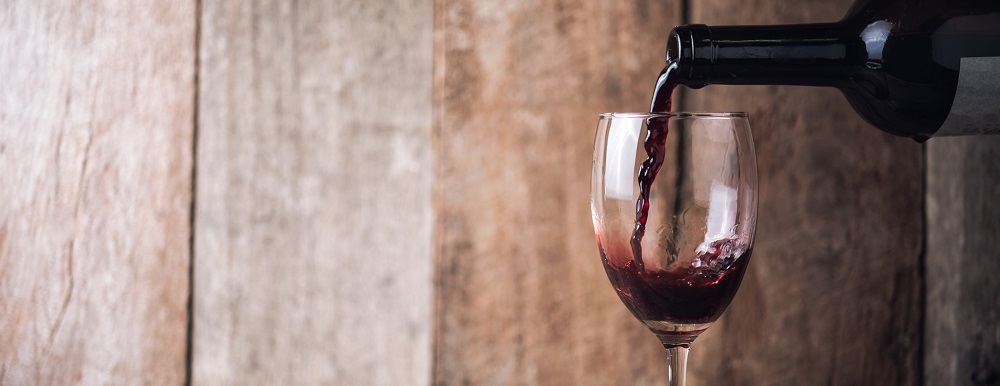
You may remember Tang – the sugar-sweetened orange-flavored drink mix – as the official beverage of the Apollo 11 mission that landed the first men on the moon fifty years ago this month. But, according to a new report published in Frontiers in Physiology, the first men and women who set foot on Mars might be better off choosing a nice merlot.
Researchers at Beth Israel Deaconess Medical Center (BIDMC) have demonstrated that resveratrol – a naturally occurring ingredient in grapes and blueberries – can preserve muscle function and mitigate muscle atrophy under conditions that mimic the gravity on Mars – which is about 40 percent as strong as that experienced on Earth. The team’s findings suggest that supplementing future astronauts’ diets with resveratrol could help maintain their musculoskeletal health even on a long-term mission to Mars.
“Resveratrol has been extensively studied for its health benefits, including its anti-inflammatory, antioxidant and anti-diabetic effects,” said senior author Seward B. Rutkove, MD, Chief of the Division of Neuromuscular Disease in the Department of Neurology at BIDMC. “Resveratrol has also been shown to preserve bone and muscle loss, however there’s a lack of research regarding its effects on the musculoskeletal system in partial gravity. We hypothesized that a moderate daily dose would help mitigate muscle deconditioning under conditions that replicate the partial gravity on Mars.”

